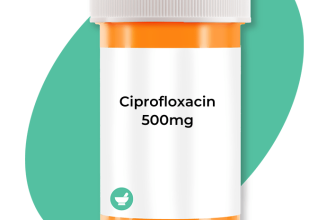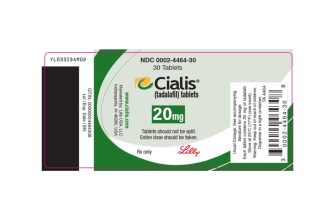Tinidazole treats bacterial vaginosis and other infections. Always follow your doctor’s instructions.
Dosage and Administration
Your doctor determines the correct dosage based on your specific condition and health. Typical courses involve one or two doses, but some infections may require a longer treatment period. Never adjust the dosage without consulting your doctor. Take the medication as directed, usually with a full glass of water.
Possible Side Effects
- Gastrointestinal issues: Nausea, vomiting, diarrhea, and abdominal pain are possible.
- Headaches: Some individuals experience headaches during treatment.
- Allergic reactions: Seek immediate medical attention if you experience hives, swelling, or difficulty breathing.
This isn’t an exhaustive list. Report any unusual symptoms to your healthcare provider immediately.
Precautions and Interactions
Inform your doctor about all medications you are currently taking, including over-the-counter drugs and supplements. Tinidazole can interact with certain medications, such as warfarin. Avoid alcohol consumption during treatment and for at least 72 hours after completing the course, as it can exacerbate side effects. Pregnancy and breastfeeding also require special considerations; discuss these factors with your doctor before starting treatment.
Storage
Store Tinidazole at room temperature, away from moisture and direct sunlight. Keep the medication out of the reach of children and pets. Discard any unused medication after the expiration date printed on the packaging.
When to Seek Medical Attention
Contact your doctor if your symptoms worsen or don’t improve after completing the prescribed course. Immediate medical attention is necessary if you experience severe allergic reactions.
Understanding Your Treatment
This information provides a basic overview. It’s not a replacement for professional medical advice. Always consult your doctor or pharmacist for personalized guidance and to discuss any concerns regarding Tinidazole.
Further Information
For more detailed information on Tinidazole, refer to the medication’s package insert or consult a reliable medical resource, like your doctor or pharmacist.
Potential Side Effects and Precautions
Tinidazole can cause mild side effects like nausea, vomiting, and diarrhea. These usually resolve without treatment. However, report any persistent or severe gastrointestinal upset to your doctor. A metallic taste in your mouth is also a possibility.
Neurological Effects
While less common, some individuals experience dizziness, headache, or even temporary numbness or tingling. If you notice these symptoms, avoid driving or operating machinery until they subside. Severe neurological reactions are rare but require immediate medical attention.
Allergic Reactions
Skin rashes, itching, or hives are possible allergic reactions. In rare cases, a severe allergic reaction (anaphylaxis) can occur, characterized by difficulty breathing, swelling of the face or throat, and a rapid heartbeat. Seek immediate emergency care if you experience these symptoms. Inform your doctor of any known allergies before starting treatment.
Avoid alcohol consumption during treatment and for at least three days afterward. Tinidazole can interact negatively with alcohol, leading to nausea, vomiting, and flushing. Inform your healthcare provider about all medications, including over-the-counter drugs and supplements, you are currently taking. This helps prevent potential drug interactions.
Pregnancy and breastfeeding should be discussed with your doctor before taking tinidazole. The drug may pose risks to the developing fetus or nursing infant. This medication is not suitable for everyone. Your physician will evaluate your overall health to determine its appropriateness for you.










